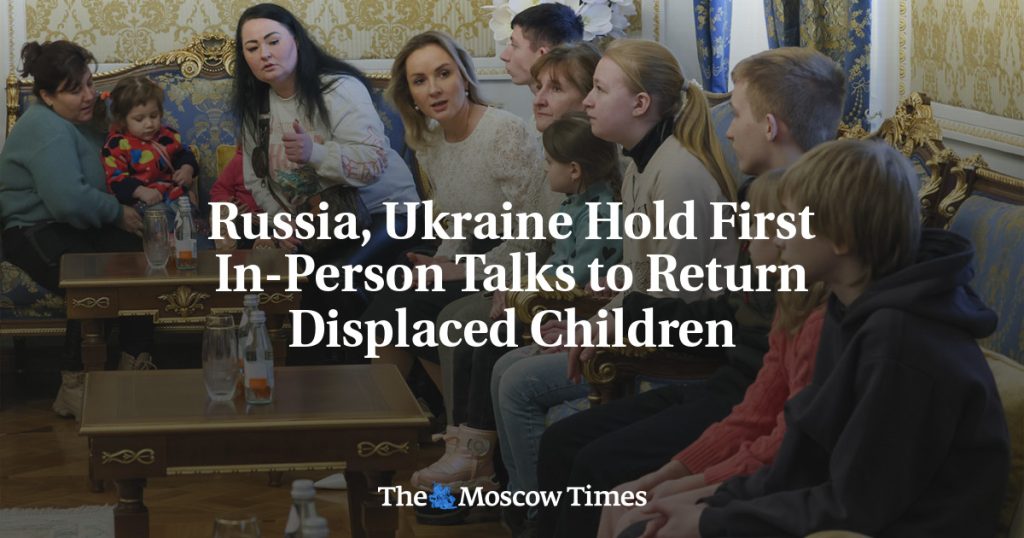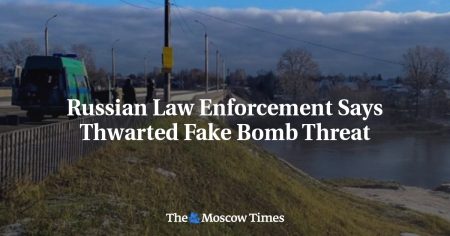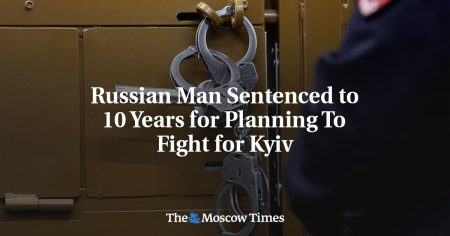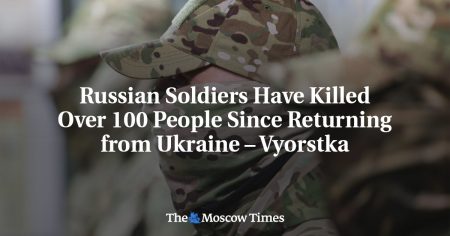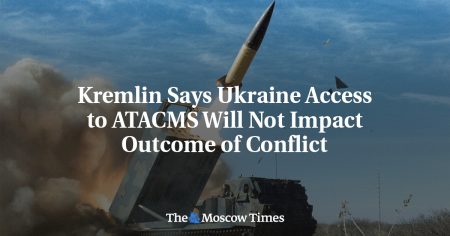Russia and Ukraine have recently engaged in in-person talks to exchange children displaced by the ongoing war between the two countries. This marks the first time such talks have taken place, with the agreement involving the exchange of 29 children to Ukraine and 19 to Russia. The negotiations were mediated by Qatar in response to requests from both Moscow and Kyiv to explore potential areas of cooperation. Forty-eight children are set to be exchanged under this deal.
There has been ongoing tension between Russia and Ukraine over the fate of children who have been displaced as a result of the war. Russia’s children’s rights commissioner Maria Lvova-Belova announced the outcome of the recent negotiations, but provided no details on why the children were in Russian hands or where they had come from. President Vladimir Putin and Lvova-Belova have been wanted by the International Criminal Court over Moscow’s transfers of Ukrainian children into Russia, which are considered a war crime. However, Russia disputes the validity of the warrant against Putin as they are not a member of the ICC.
The issue of displaced children in Ukraine has been a contentious one since the start of the war two years ago. Ukrainian President Volodymyr Zelensky has described the situation as a “genocide,” with around 20,000 children reportedly forced to move to Russia since the invasion began in February 2022. Lvova-Belova disputed this figure, calling it “fake” and stating that it dates back to the early period of the invasion when the front lines were constantly shifting. The fate of these children, many of whom were orphaned or separated from their caregivers by the fast-moving front lines, has been a highly sensitive issue.
Ukraine has accused Russia of illegally deporting children to Russia and attempting to erase their Ukrainian identity. Some of the children were living in Ukrainian orphanages in areas that were later occupied by Russian forces. Teenagers who have returned to Ukraine have reported being subjected to Russian patriotic education and forced to praise the Russian army. The exchange of children between the two countries is seen as a small step towards addressing the humanitarian crisis caused by the war. The mediation of Qatar in these talks signals a potential desire for cooperation between Russia and Ukraine on certain issues.
The international community has been closely watching the situation in Ukraine, with concerns raised about the treatment of displaced children and the broader impact of the war on the civilian population. The conflict has resulted in a significant humanitarian crisis, with thousands of people displaced from their homes and facing food and medical shortages. The recent talks between Russia and Ukraine to exchange children displaced by the war are seen as a positive development in the midst of ongoing tensions between the two countries. It remains to be seen whether this exchange will lead to further cooperation or dialogue between Russia and Ukraine on other challenging issues.









